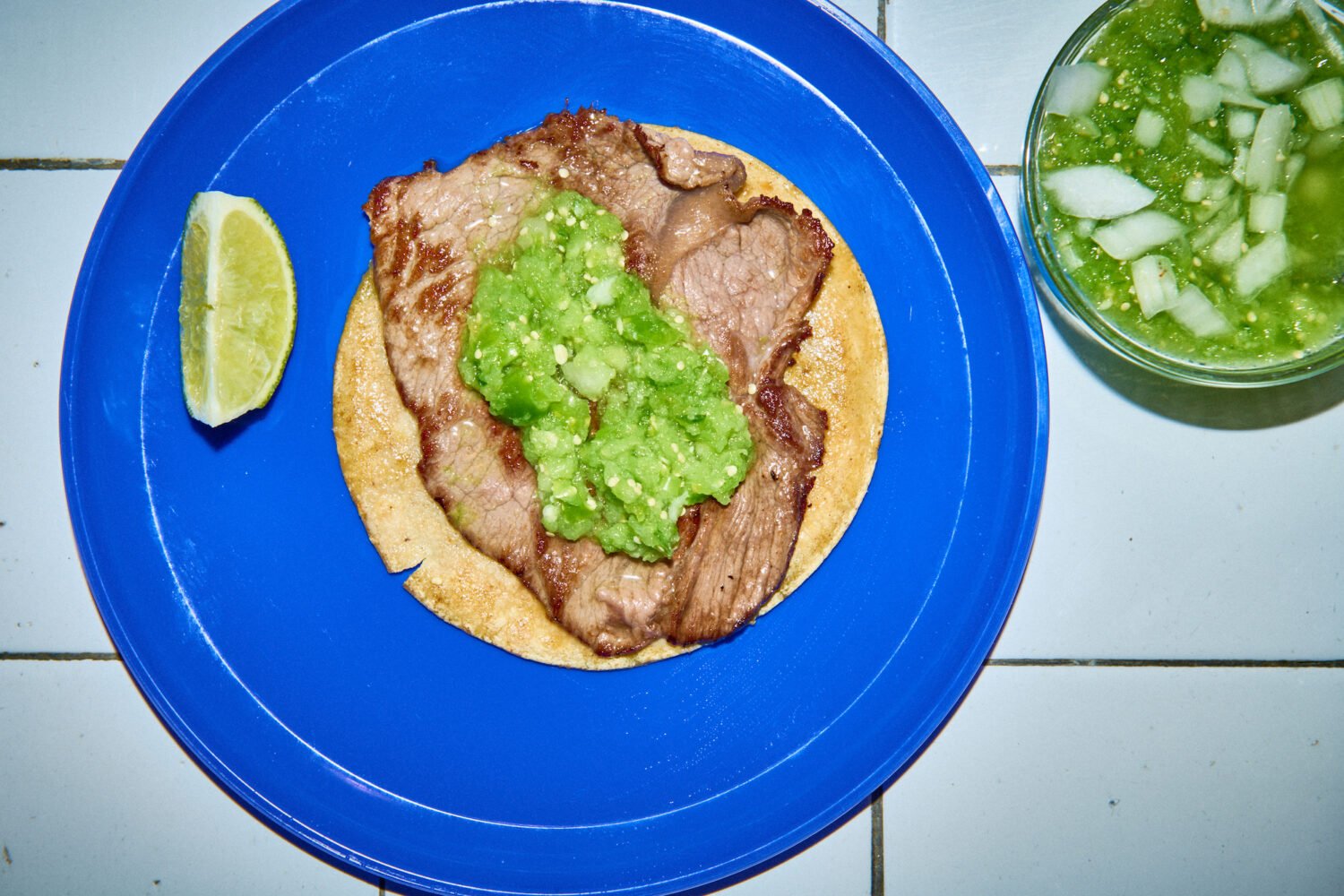When Walt Whitman High School junior Eliana Joftus wrote an op-ed in her student paper calling for the cancellation of the school’s annual charity dance, she hadn’t expected the call would be answered. But less than a day after her piece was published this week—it alleged a culture of sexual abuse and drug use—Whitman principal Robert Dodd sent a letter to the school community announcing that the dance and fundraiser (called “Vike-a-Thon” in reference to the school’s viking mascot) would be cancelled.
In the letter, Dodd specifically cites Joftus’s piece, “It’s been 10 years too long. Vike-A-Thon needs to go,” which features intimate conversations with students who say they were sexually assaulted at the dance. Calling out the dance’s “rave-like” atmosphere, Joftus also describes instances of heavy drug and alcohol use as well as a phenomenon known as “cycling,” in which students hook up with at least one person from each grade. “While organizers advertise the event as lighthearted and fun, the event’s appeal is rooted in a toxic atmosphere,” she writes. “One that’s ripe for sexual abuse, particularly involving exploitative power dynamics between upperclassmen and underclassmen.”
Still processing the sudden media attention—FOX 5 DC, Bethesda Magazine, and WUSA9 all reported on her piece—16-year-old Joftus shares what writing the op-ed meant to her and what the feedback from her peers has looked like.
Were you nervous to publish the story?
For a while, there were a lot of doubts. I didn’t know if people would blame me for trying to cancel a long-lived tradition at my school or if people would make it more about me as a person besides the story itself….I actually considered writing it anonymously. In the end, I really am happy I put my name with it. I am really proud of it.
Were you expecting this piece to grab as much attention as it has?
I definitely expected that a lot of people were going to read it and that a lot of people were going to care about it, either in a negative way or in a positive way. But I was not expecting the sudden media coverage. People outside of my school and outside of the county care about this story and that’s something that I didn’t expect.
Your dad, Scott Joftus, is on the Board of Education for Montgomery County Public Schools [MCPS]. Has his position influenced you in any way?
He’s been very, very supportive. But that was another hesitation—with my dad in that role and with my mom, who is involved with MCPS and the education community, it was definitely something where I couldn’t just think about myself. I also had to think about if things got more serious and if I was met with legal action, because I was involving my parents who are very involved in the community.
But it’s really been just overwhelming positive support from everyone, which is super nice. And having that point of view from my dad, as a leader in Montgomery County, helped me navigate how I wanted to talk about these problems without disrespecting anybody’s hard work. Because, you know, it really is no fault of administration at my school. It was really just behavior that was unknowingly enforced by this event. And I think that after speaking to my school principal, it was clear that, unfortunately, none of this behavior was reported because it was just so normalized.
What has the feedback been like from your peers and the larger community? Mostly positive or negative?
A lot of people have messaged me with really, really positive comments about how, “You’re so you’re so brave for saying this when nobody else wanted to say it.” And while it’s very flattering, it’s just unfortunate that it took this long. I hope that other people can learn from that. It shouldn’t have to be such a brave statement to point out something that is quite literally illegal happening on school grounds. I know it’s scary, and it has been scary for me—there has been negativity and backlash against what I’m saying—but the positivity and the support definitely overpowers that negativity.
Sexual assault is such a sensitive topic to talk about. How did you navigate those interviews?
I write a lot of opinion articles, so I interview a lot of people, but these were definitely the most emotionally taxing interviews I’ve had to do.… These people were trusting me with really serious stories, with their trauma that has affected them. I talked to someone who is a freshman in college, who still remembers this story from their freshman year of high school and it has still affected them to this day.
Are there larger ramifications that you hope this story has?
I’m sure in other high schools all over the country, all over the world, there are these problems. And hopefully, if [this piece] gets more exposure outside of this area, if schools outside of ours have similar environments, very nightclub-adjacent environments. Then, they can look and say, “Okay, what kind of environment are we creating for our students?”

















